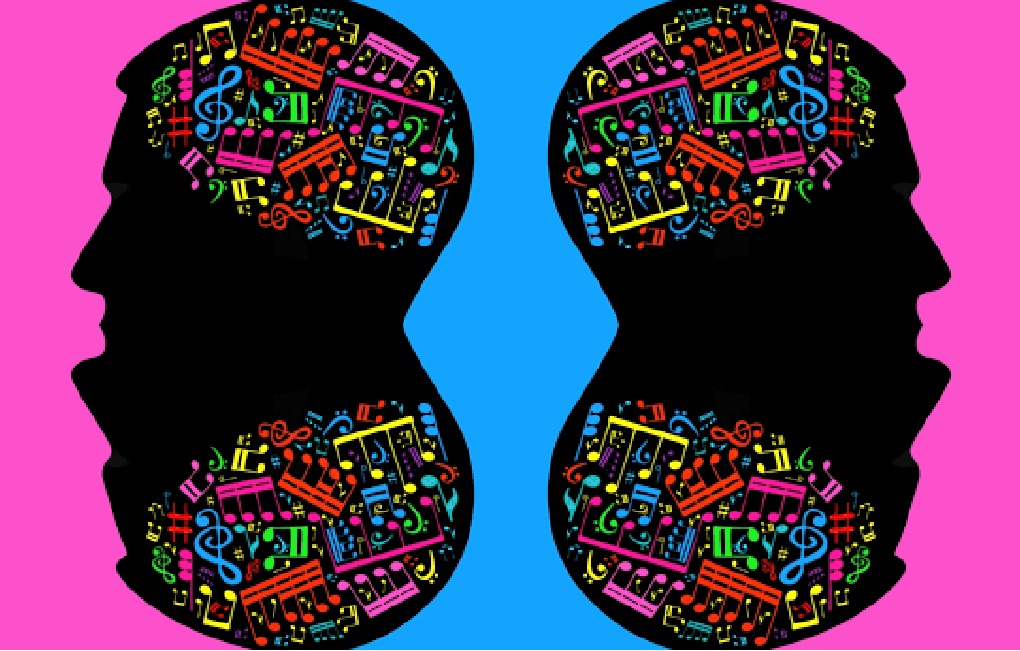I’m so excited to join forces with charity Made By Dyslexia today to launch the free online University of Dyslexic Thinking, hosted by Open University and available to access from all around the world.
We decided to launch the university to teach the skills most relevant to today’s world – Dyslexic Thinking skills.
The courses are for anyone, at any stage of life; you might be a dyslexic looking to learn more about your Dyslexic Thinking skills and apply them to different industries, or someone who isn’t dyslexic but is curious to understand how this kind of thinking works in action, and why these skills are more valuable than ever before.
This morning, Made By Dyslexia revealed its new Intelligence 5.0 report, which includes research from Randstad Enterprise that shows the skills inherent to dyslexics are the most sought-after in every job, in every sector, globally.

The report clearly demonstrates that today’s AI-driven world needs a new kind of intelligence focused on human skills such as complex problem solving, adaptability, resilience, communication and creative thinking.
These are skills dyslexics naturally possess but aren’t measured by traditional education and workplace tests, which instead focus on dyslexic challenges. Based on this, it concludes the outdated systems that are designed to teach and measure intelligence need a rethink – it’s time for a new school of thought.
And this is where DyslexicU comes in! We’re shaking things up and teaching the skills the world needs. We need more innovators, problem-solvers, storytellers and unconventional thinking. The online course features many of the world’s greatest dyslexics talking about how Dyslexic Thinking skills like this have fuelled innovation and success, and the lessons we can gain from their experiences. They’re the kind of lessons I wish I was taught in the classroom.

I’m delighted to be joined by some of the incredible (dyslexic) course contributors today to launch DyslexicU at Virgin Hotels New York City, including HRH Princess Beatrice, Dame Maggie Aderin-Pocock, and Jean Oelwang.

HRH Princess Beatrice
Courses in ‘Entrepreneurs & Start-Up Mentality’ (made in partnership with Virgin StartUp) and another on ‘Changemakers & Activism’ (made in partnership with Virgin Unite) are available on DyslexicU, hosted on Open University today, with lots more to come later this year (or next term, should I say?!) They cover subjects such as storytelling, sport, fashion, culinary arts, and music.

While ‘U’ might technically’ stand for ‘University’, I quite like the irony that it resembles the ‘U’ that myself and many dyslexics sometimes see scribbled on our report cards, because traditional education systems are not made for minds like ours. If you’re a dyslexic, I know how disheartening that can be. I hope the launch of DyslexicU today can be a reminder to you that thinking in a different way to everyone else is indispensable in this new world of work. It’s your superpower.
Enroll today and join this new school of thought. Sir Richard Branson.

